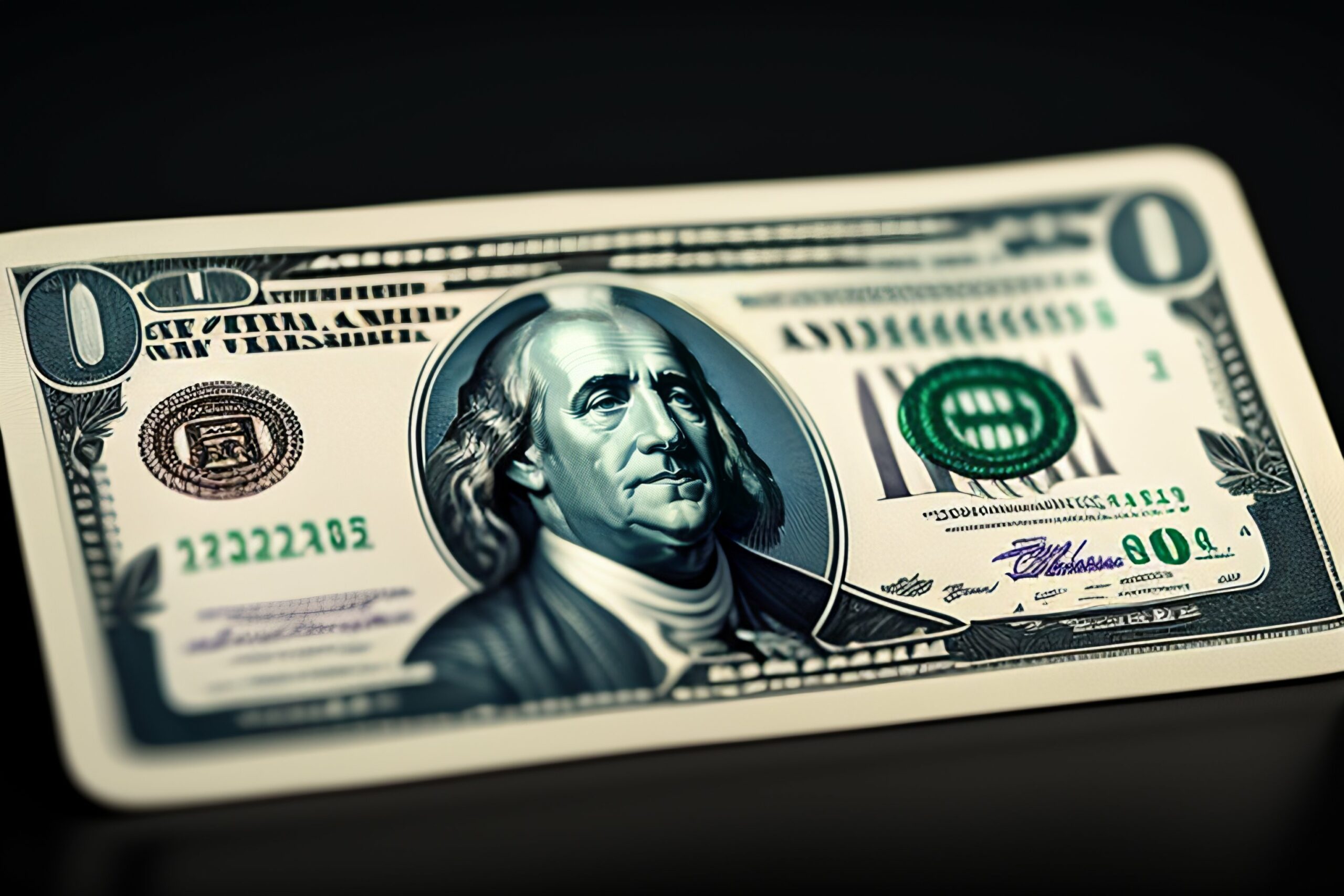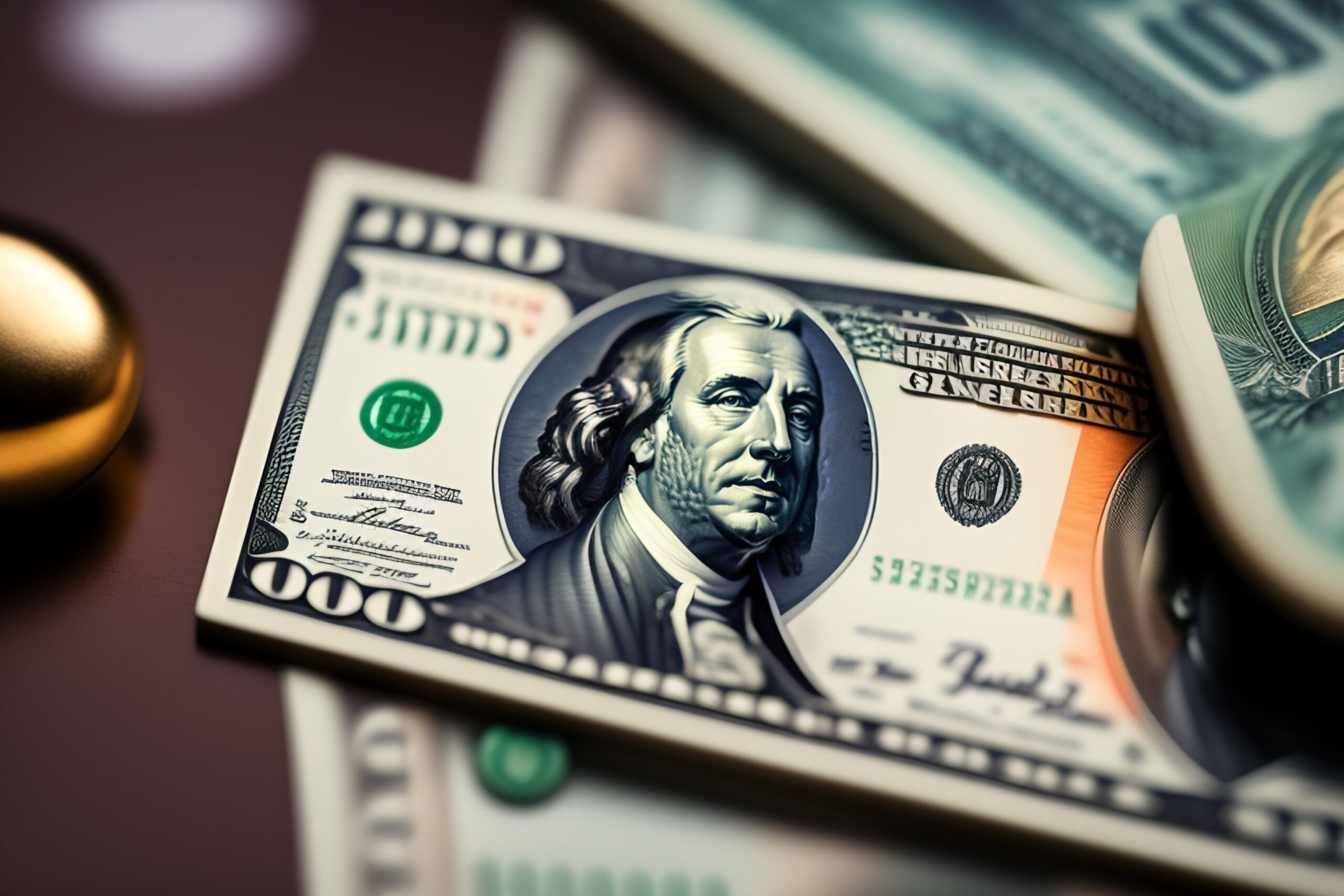Income inequality has been a growing problem in the United States for decades, and it is now reaching a critical point. The gap between the wealthy and the poor is widening, and the effects of this divide are being felt across the nation.
The most obvious effect of income inequality is the widening gap between the rich and the poor. The wealthiest 1% of Americans now own more than 40% of the nation’s wealth, while the bottom 50% of Americans own just 2.5%. This means that the wealthiest Americans are getting richer while the poorest Americans are getting poorer.
The growing divide between the wealthy and the poor has far-reaching consequences. For one, it has led to a decrease in social mobility. As the wealthy become wealthier, they are able to pass on their wealth to their children, creating a cycle of privilege that is difficult to break. This means that those born into poverty are less likely to be able to climb the economic ladder and achieve financial success.
Income inequality also has a negative effect on the economy. When the wealthy have a disproportionate amount of wealth, they are less likely to spend it, leading to a decrease in consumer spending. This can lead to a decrease in economic growth and an increase in unemployment.
Finally, income inequality has a negative effect on society as a whole. When the wealthy have a disproportionate amount of wealth, they are able to influence politics and policy in ways that benefit them and their interests. This can lead to policies that favor the wealthy and disadvantage the poor, creating an even greater divide between the two groups.
The growing divide between the wealthy and the poor is a serious problem that needs to be addressed. The government needs to take steps to reduce income inequality, such as increasing the minimum wage, providing tax breaks for the middle class, and investing in education and job training programs. These measures will help to reduce the gap between the wealthy and the poor and create a more equitable society.








